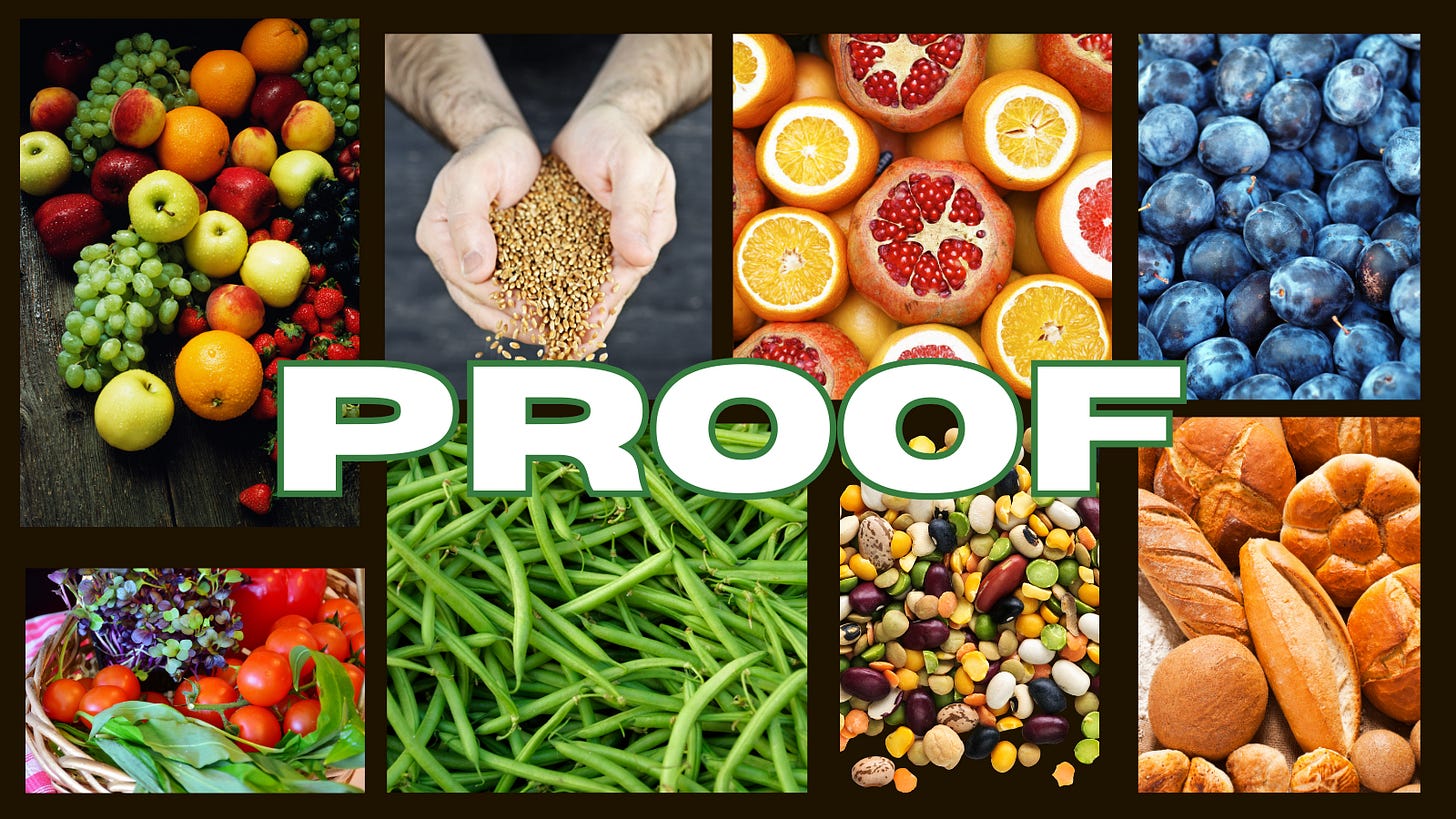Vegan diet has 30% the environmental impact of meat-eaters
Peer Reviewed Study Proves it!
There’s a peer-reviewed scientific study in the journal Nature: Food that proves a plant-based diet, free of animal proteins, has 30% of the environmental impact of a high-meat diet.
Plant-based eaters are doing less than 1/3 the damage to our planet as everyone else.
(But our tax dollars still subsidize Big Meat and Big Dairy.)
For this study, less than 50 grams (1.76 ounces) of animal proteins per day were considered Low Meat Diets.
50 to 99 grams (up to 3.5 ounces) of animal proteins per day were considered medium meat diets.
100 or more grams per day (more than 3.52 ounces) were considered high meat diets.
For reference, a 3 ounce piece of meat is the size of a deck of cards. And that’s considered high. Low, less than 1 and 3/4 ounce per day is almost none.
Remember those ounces include not just meat, but cheese, milk, cream, butter, fish, eggs, ice cream, and anything containing any of those ingredients (which is just about everything processed.)
Low meat diets have 70% of the environmental impact as high meat diets.
Why do 70% of the harm when you can do 30% of the harm by giving up those 12 measly ounces of meat or dairy per week? It’s a small glass of milk or a medium steak. One. It’s not worth the planet.
The Study
The study (linked below) is the first peer-reviewed study that takes into account the origin of the meat or plant that its 57,000 subjects were eating. They factored in where the food item was purchased or grown, because a carrot imported from another country is going to have a greater environmental impact than one grown in your backyard garden. They differentiated between factory farmed and regenerative beef, as well.
It has a lot of detail and is an eye-popper of a study. It should change everything. It really should.
I don’t know that it will. Dr. Dean Ornish published a study in The Lancet proving a plant based diet could reverse heart disease in 1990-something, and nothing changed then. People would apparently rather have their breastbones sawed in half than stop eating flesh. I don’t get it, but there it is.
Read the article about the study here, at The Conversation
Read the study itself here, at Nature: Food
Seriously, click through and read the pieces. The Nature article is more scientifically written, The Conversation piece translates it into layman’s terms and I recommend reading it first, then following up with Nature: Food to go deeper. (There are charts! Made my geeky heart sing!) You can read both in 5 or 6 minutes. You won’t be sorry.
To have the most impact on climate change in the shortest possible time, all we have to do is change our diets.
The problem is that mankind isn’t willing save itself from extinction if it requires being inconvenienced.


